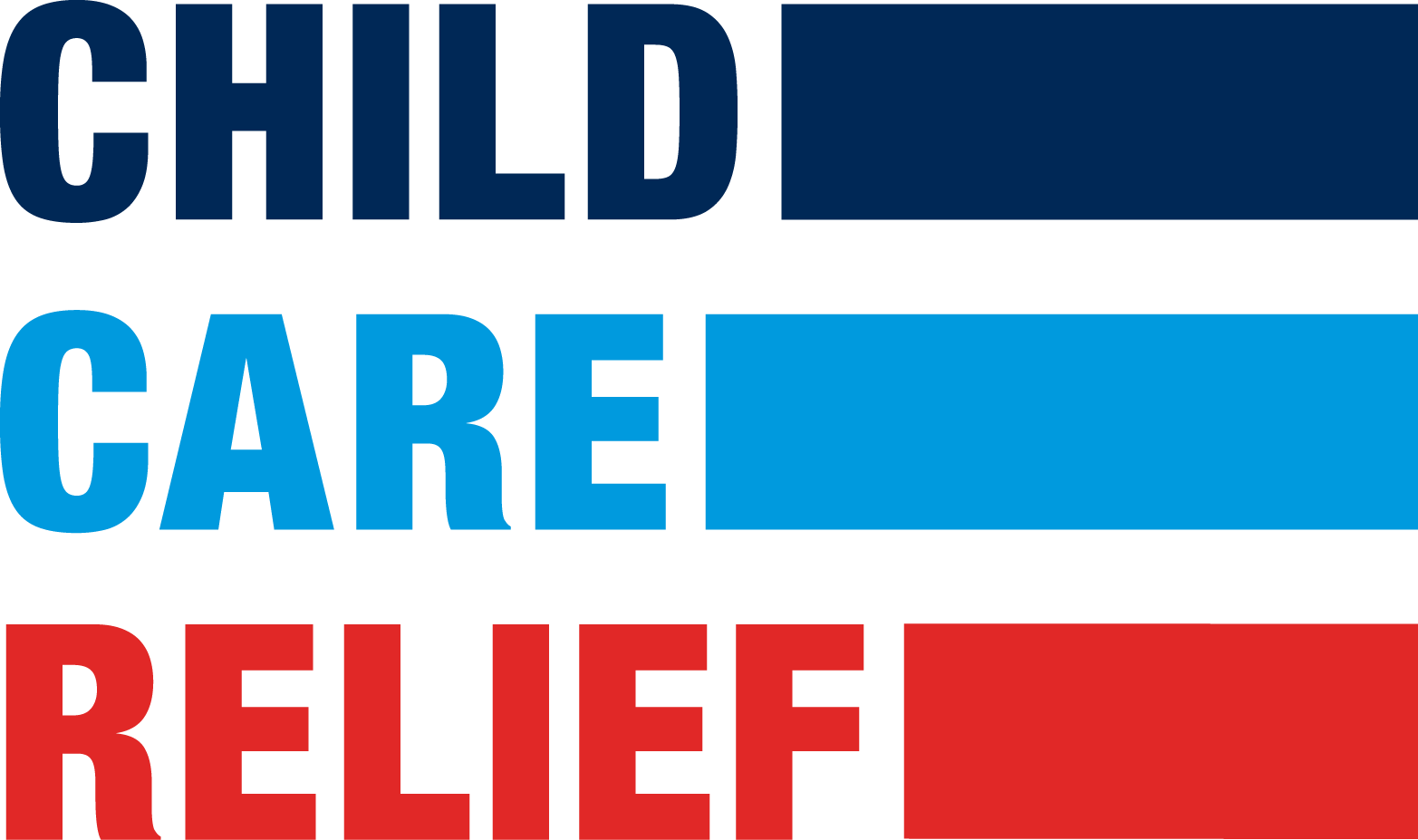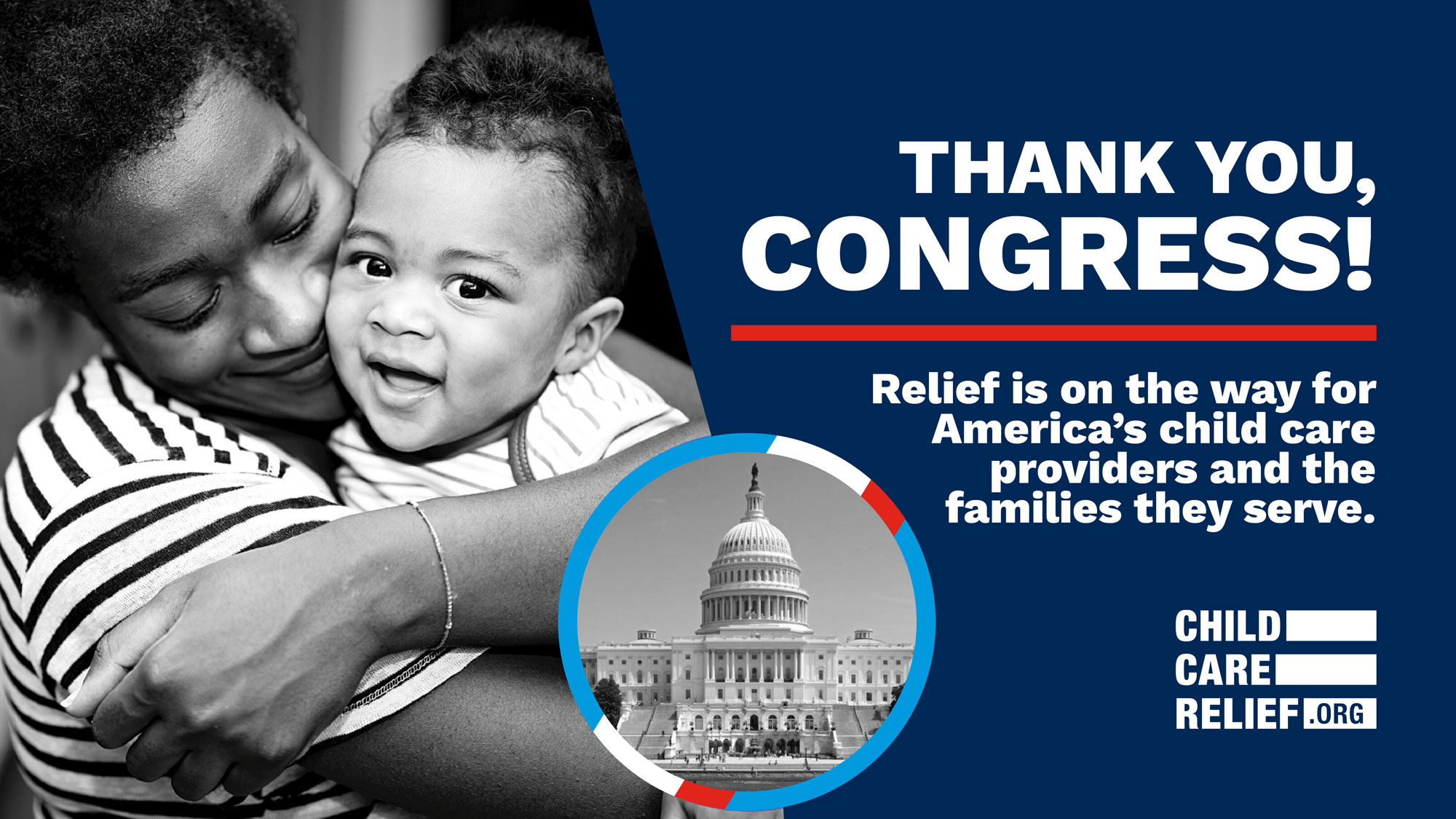
BY THE NUMBERS: COVID-19’S IMPACT ON CHILD CARE
New Jersey

CHILD CARE IS ESSENTIAL TO AMERICA’S ECONOMIC RECOVERY
• July state-by-state data from the National Association for the Education of Young Children (NAEYC) illustrates the dire circumstances for child care centers and family child care homes in New Jersey. Of those surveyed:
› 42% of child care programs are certain that, without additional public assistance, they will close permanently.
› At the time the survey was open, 31% of child care centers and 16% of family child care homes remained closed.
› Of programs that are open, 92% are serving fewer children now than they were prior to the pandemic. Overall, average enrollment is down by 81%.
› 98% of programs are paying more for cleaning supplies; 90% for personal protective equipment; and 70% are paying more for staff and personnel costs.
› Respondents were asked what supports their program received to help it survive: 29 programs said they received the Paycheck Protection Program, including 23 large child care programs and 6 small child care programs; of these, there were no family child care homes, and 9 are minority-owned businesses.
› 70% of programs responding to the survey have engaged in furlough, pay cuts, or layoffs.
› Assuming they are operating at 80% of capacity or less, 64% of programs responding to the survey expect to close within six months, if they don’t receive additional public support.
• According to the Center for American Progress, 147,889 licensed child care slots are at risk of disappearing, which represents 54% of licensed child care slots
• In March, 87 child care providers in New Jersey responded to a NAEYC survey reporting that 30% would not survive closing for more than two weeks without significant public investment and support that would allow them to compensate and retain staff, pay rent, and cover other fixed costs.
• A second survey in April with 46 child care providers responding in New Jersey indicated that 82% of child care programs were completely closed, with another 11% open only for children of essential workers.
› Of providers who are still open, 75% are operating at less than 25% capacity.
› 54% of respondents reported needing to either lay off or furlough employees, or reported being laid off or furloughed themselves. Another 25% anticipated such actions occurring in the next 1-2 weeks.
• New Jersey received $63.1 million in supplemental funds in the CARES Act to serve the children of front-line and essential workers and support providers yet, we know this is not enough to cover the impacts COVID-19 has had on the child care market and ensure providers will be there when the economy beings to open up. To read more about how your state has allocated its supplemental funding, click here.
